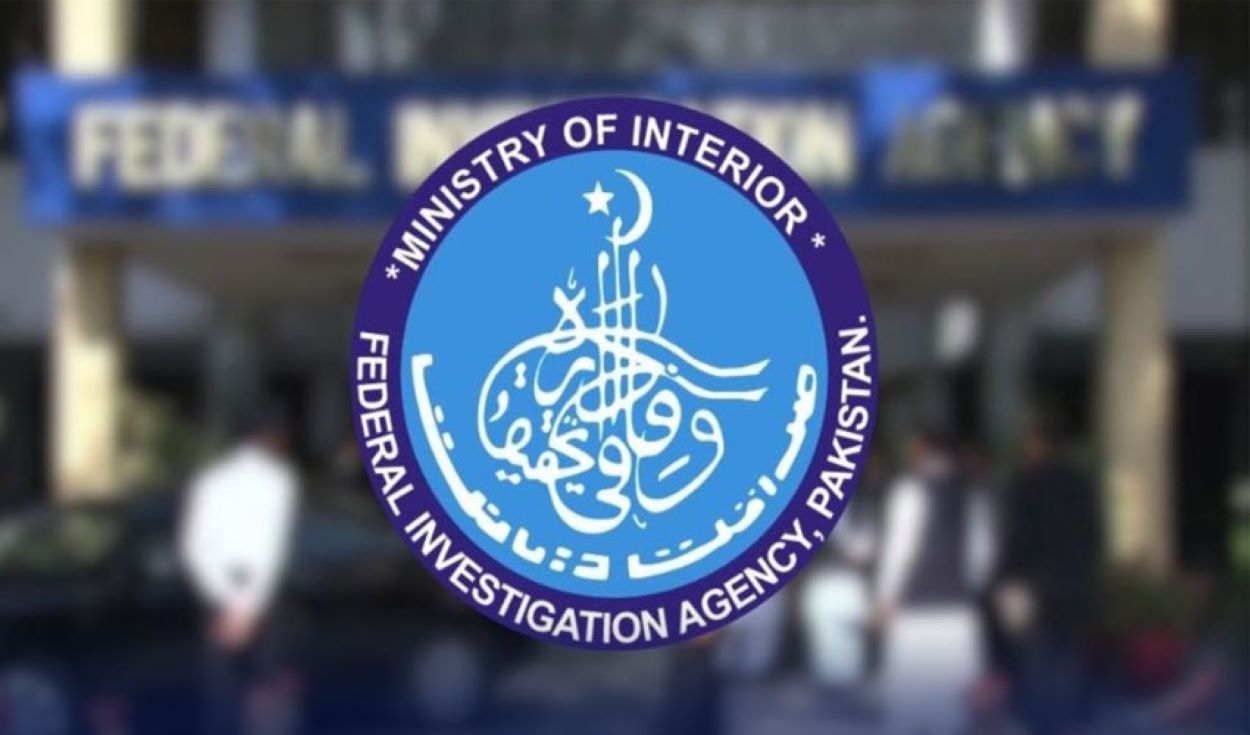A Lahore bird seller, Nadeem Nasir, and several others connected to an Islamabad journalist had their bank accounts frozen after Pakistan’s FIA Cyber Crime Wing intervened, intensifying concerns about press freedom. Authorities targeted the journalist for critical reporting and imposed similar restrictions on his accounts.
According to The News, Nasir, 60, learned in April that authorities had frozen his account after he sold parrots to an Islamabad journalist known for criticising state institutions. The FIA cited an investigation into the journalist’s alleged “anti-state” social media activity and money laundering. Without prior notice, officials also blocked the journalist’s and his mother’s accounts, only restoring them in May after the Islamabad High Court criticized the FIA’s lack of due process. Others, including Atif Sajjad Raza and Rozi Khan, continue to face account freezes.
Justice Khadim Hussain Soomro described the account freezes as a “blatant violation of fundamental rights,” emphasising that authorities issued no prior notice. The journalist’s lawyer, Zainab Janjua, dismissed the allegations as baseless and accused the FIA of intimidating independent media. Reporters Without Borders (RSF) ranks Pakistan 152nd in press freedom, noting that authorities arrested 10 journalists in 2024.
Context of Press Freedom in Pakistan
The journalist, previously detained for a “malicious” campaign against Supreme Court judges, illustrates Pakistan’s ongoing crackdown on dissent. Freedom Network reports that 15 journalists have faced charges in 2024. The FIA’s transition to the National Cybercrime Investigation Agency in April has not curbed such actions; Iqbal Khattak of Freedom Network described the agency as a “tool to exhaust journalists.” Authorities linked the account freezes to minor transactions, highlighting state overreach and eroding the trust of Pakistan’s 220 million citizens.
Read: FIA Files Case Against Ex-NADRA Chief Tariq Malik Over $25M Corruption
Targeting journalists and their associates by freezing bank accounts creates a chilling effect on the media in Pakistan, which RSF ranks among the world’s most dangerous countries for journalists. This tactic, which disrupts the livelihoods of individuals like Nasir, raises critical debates about censorship and fundamental rights. With the State Bank of Pakistan projecting the digital economy to reach $3.5 billion, such actions threaten public confidence and press freedom. The situation has drawn global attention and renewed calls for stronger protections for journalists.






